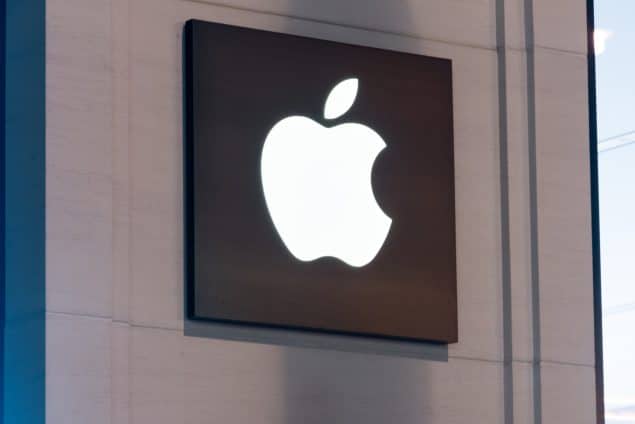Home » Apple News • Business News • US business news » Supreme Court refuses to hear Apple-Epic antitrust appeals
Supreme Court refuses to hear Apple-Epic antitrust appeals
https://www.whatjobs.com/news/business-news/supreme-court-refuses-to-hear-apple-epic-antitrust-appeals

By Nithya Bose in Apple News, posted January 17, 2024

The US Supreme Court has rejected appeals from Apple and Epic Games over an antitrust ruling related to the iPhone maker’s App Store.
The court denied the petitions of both companies on Tuesday, January 17.
The legal dispute involved a 2021 federal court ruling against Epic.
The ruling stated Apple must permit developers to guide customers to payment options within their own apps.
This decision enables apps to promote subscriptions outside the App Store.
This way, apps could offer lower prices when customers pay directly through external websites, thereby averting Apple's in-app purchase fees.
In response to the decision, Apple revised its US App Store policy.
It notified developers they can apply for their apps to provide external links for alternative payment systems.
However, Apple will still collect a commission if customers utilize this system, which was reduced from 30 to 27 percent.
Apple's policies deemed "anticompetitive"
Epic Games CEO Tim Sweeney criticized Apple's revised policies, deeming them "anticompetitive."
He vowed to contest the company's "bad-faith compliance" in federal court.
In a post on X, he said: "“Apple has never done this before, and it kills price competition.
“Developers can’t offer digital items more cheaply on the web” if they have to pay 27%.
Sweeney argued Apple's move stifles price competition.
He said developers paying a 27 percent commission cannot offer digital items more affordably on external platforms.
Sweeney also said other aspects of Apple's policy disadvantage developers who opt to guide customers toward their sign-up processes.
Apple said it may audit developers to ensure compliance with the commission policy.
The company said: “This will allow Apple to review the accuracy of your record of digital transactions, ensuring the appropriate commission has been paid to Apple.”
Apple has faced previous challenges from Epic and others, resulting in some price reductions.
Looking to boost your online brand? Create your FREE business profile at WhatBiz? Here
Last year, app store spending reached $171 billion, underscoring the financial significance of these platforms.
The fate of Epic's game "Fortnite" on the App Store remains uncertain.
The game was removed in 2020 amid disputes over unauthorized payment systems.
Epic has previously requested the restoration of its developer account, but Apple tied its reinstatement to resolving ongoing litigation.
Apple faces numerous legal challenges
The Supreme Court decision coincides with Apple facing various challenges to its services business.
It includes a forthcoming EU law that may allow software downloads outside the App Store.
The EU is also pursuing an antitrust case against Apple, alleging violations related to restrictions on app developers informing users of alternative payment methods.
Meanwhile, Google faces its own battles, with a recent US court ruling deeming its app store operations as an illegal monopoly in a case brought forth by Epic Games.
Follow us on X, LinkedIn, and Facebook














